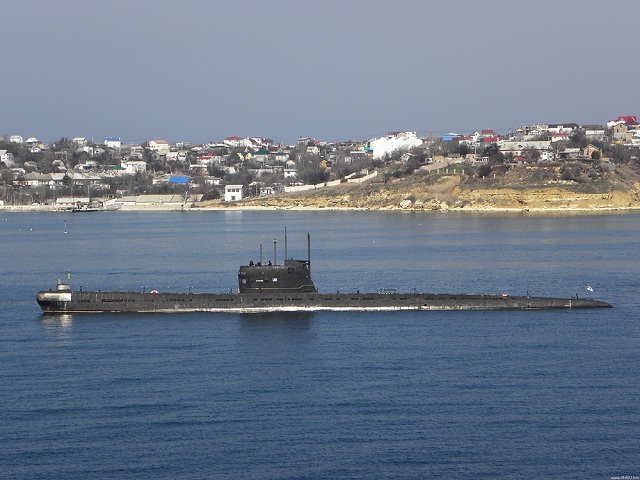A controversial Dutch columnist for NRC Handelsblad, a lawyer and historian at the University of Leiden, Baudet argues that representative government and the rule of law is impossible without the nation state. But today, he argues, the nation is under attack from two directions.
First it is under attack from supranationalism, that is, from institutions like the European Court of Human Rights, the UN Security Council, and, most dramatically, the European Union. So while nations retain sovereignty at a formal level, increasing degrees of ‘material sovereignty’ have been acquired by supranational organisations. Baudet argues, for instance, that the official aim of the EU ‘is the negation of the concept of statehood’, because the nation state is held responsible, most notably by German theorists, for war. The EU’s immanent federalist logic leads to the necessary extension of its bureaucratic power (taking more and more countries into its orbit). Or — as an illustration of the attack on the democratic basis of national sovereignty — take the contempt in which the ECHR holds Britain for denying convicted prisoners the right to vote: this despite the fact that parliament voted 234 votes to 22 against the proposal. It seems the ECHR is happy to demand Britain change laws upheld by its own democracy.
Second, self-government is also under attack from below. Firstly, in the form of multiculturalism and its official support, legal pluralism (where the law is applied with cultural ‘sensitivity’ rather than justly). Secondly, from cultural diversity, which rejects the idea of a British or a Dutch identity in favour of overlapping multiple, provisional and lightly held, identities. Baudet gives the example of the Dutch crown princess, Máxima, who declared in 2007 that ‘the Dutch identity does not exist’, that the world has ‘open borders’ and that ‘it is not either-or. But and-and.’ When royalty — once the very symbol of national sovereignty — refuses to discriminate between citizens and outsiders, then even the most ardent internationalist might begin to smell a rat.
As Baudet argues, without a community of interest, a ‘we’, there is nothing. He notes that the ECHR outlaws ‘discrimination on any ground such as sex, race, colour, language, religion, political or other opinion, national or social origin, association with a national minority, property, birth or other status’. Everyone must be treated equally. Baudet is correct to point out that such a widely drawn attack on discrimination ‘must necessarily implicate the citizens’ indifference towards those criteria’. Any form of particularity, of which nationality is one, is denied in the name of a totalising universality. The effect is not the widening of ‘minds and sympathies’ but rather their ‘Balkanisation’. In the process, the law becomes ‘no longer “ours” or “from within”, but from “out there”’. Our responsibility is eroded and our capacity to decide for ourselves (however we constitute that ‘we’) is further diminished, both at the level of the nation state, historically the basis for constituting a self-governing ‘we’, and at the level of the individual citizen.





